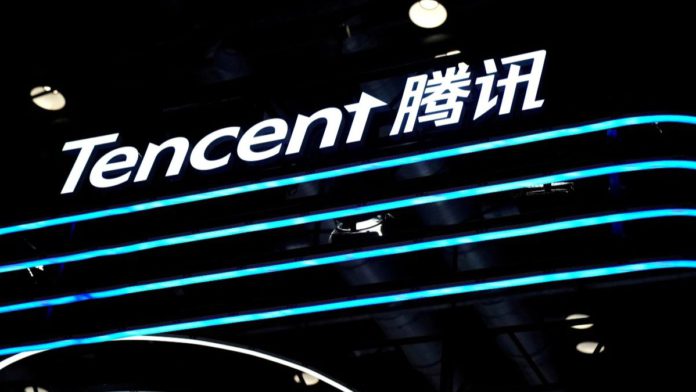Due to regulatory scrutiny, Chinese social media giant Tencent Holdings suspended issuing its non-fungible tokens (NFT) on the Huanhe platform last Tuesday. A year ago, the Chinese internet behemoth entered the non-fungible token market, sparking considerable interest in the art world. But Tencent is currently obliged to abandon its NFT ambitions due to the murky legal landscape in China. To comply with Beijing’s rules, it will cease releasing “digital collectibles” and would repay customers upon request, according to a statement on the company’s Huanhe app.
The year began with momentous interest and growth in NFTs for companies like Tencent and Alibaba. However, the popularity started to fizzle, with Tencent suffering huge losses in May and June. The Chinese government’s harsh regulations, which restrict the markets for digital collectibles, continue to be the major cause of the sharp decline in sales. Users who have obtained NFTs are prohibited from engaging in private transactions per government regulations. Since the NFTs become less lucrative as a result of this action, buyers are mainly demotivated due to the absence of a secondary market. Additionally, the legislation fosters a situation in which it is almost hard for purchasers to benefit from NFTs.
Additionally, individuals who register on the marketplace sites must be older than 18 and successfully complete an identity verification process. While this is not a major restraint, it still restricts the growth of the NFT industry.
Tech companies like Tencent and Ant Group reached an agreement in June to halt the secondary trade of digital collectibles and “self-regulate” their market operations after state media repeatedly raised problems surrounding NFT speculation in the nation. Later, during the first week of July, Tencent decided to shut down one of its NFT platforms. They took remedial action, such as removing the virtual collectible section from their news application and transferring the executives in charge of the NFT platform. At the same time, Tencent’s other NFT platform is having a difficult time surviving in the hostile market. Experts advise that companies in the Web3 domain must safeguard themselves while volatile market circumstances persist.
Huanhe never promoted its digital collectibles as investments in order to adhere to stringent Chinese regulations that prevent trading in digital assets, including cryptocurrency. Further, Huanhe customers had no way to resale their items, so the digital collectibles were inextricably linked to the buyer’s account after they have been purchased. In order to avoid regulatory issues, Chinese NFT platforms changed their names to digital collectible platforms in late 2021, giving rise to the phrase “digital collectible.”
Digital collectibles marketplaces have flourished locally despite strict oversight. According to research by China’s National Press and Publication Administration, there were only around 100 of these platforms in China in February 2022, but there were about 700 by early July.


